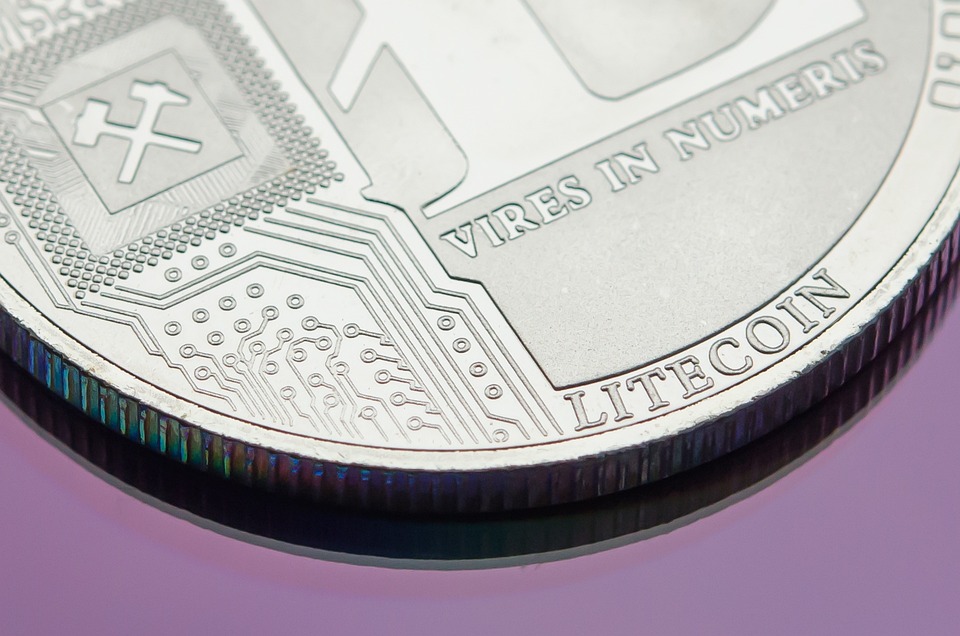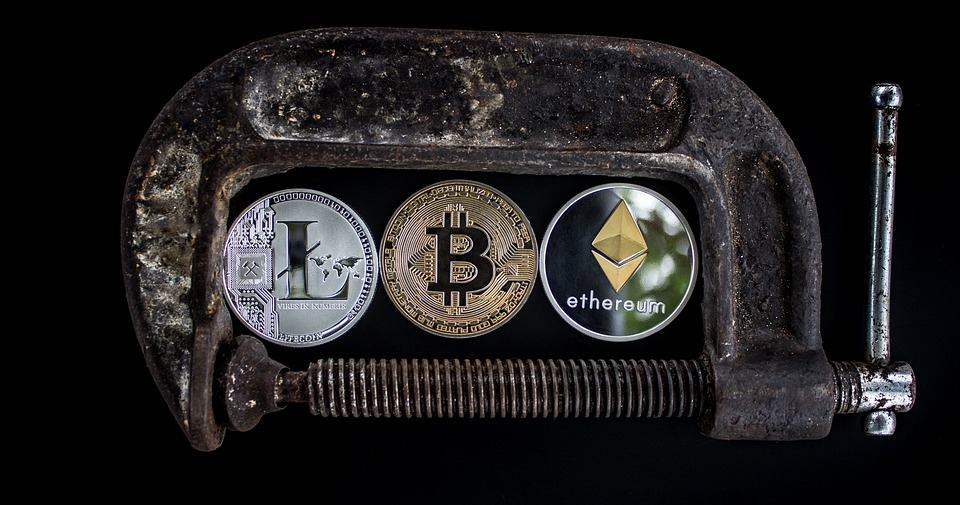Smart contracts, also known as self-executing contracts, have been revolutionizing the financial industry in recent years. These contracts are computer protocols that automatically execute and enforce the terms of a contract without the need for intermediaries. This technology has the potential to streamline and automate many processes in the financial industry, reducing costs, increasing efficiency, and improving security.
One of the key benefits of smart contracts is their ability to eliminate the need for intermediaries such as banks, lawyers, and other third parties. This not only reduces transaction costs but also speeds up the process, as there is no longer a need to wait for approval or verification from multiple parties. This has the potential to make financial transactions faster, more efficient, and more transparent.
Smart contracts also have the potential to reduce the risk of fraud and human error in financial transactions. By automating the execution and enforcement of contracts, smart contracts eliminate the need for manual intervention, reducing the risk of mistakes or fraudulent activities. This increased security can help build trust among users and encourage more people to participate in financial transactions.
Additionally, smart contracts have the potential to improve the accessibility of financial services for underserved populations. By eliminating the need for intermediaries and reducing costs, smart contracts can make financial services more affordable and accessible to people who may not have had access to them before. This has the potential to promote financial inclusion and help bridge the gap between the unbanked and underbanked populations.
Furthermore, smart contracts can help improve the efficiency of regulatory compliance in the financial industry. By automating the process of enforcing regulations and ensuring compliance with laws and industry standards, smart contracts can help financial institutions reduce their regulatory burden and avoid costly penalties. This can help improve overall compliance and reduce the risk of regulatory violations.
Overall, the impact of smart contracts on the financial industry is significant. By streamlining processes, reducing costs, increasing efficiency, improving security, and promoting financial inclusion, smart contracts have the potential to revolutionize the way financial transactions are conducted. As this technology continues to evolve and become more widely adopted, we can expect to see even greater benefits for both consumers and financial institutions alike.




